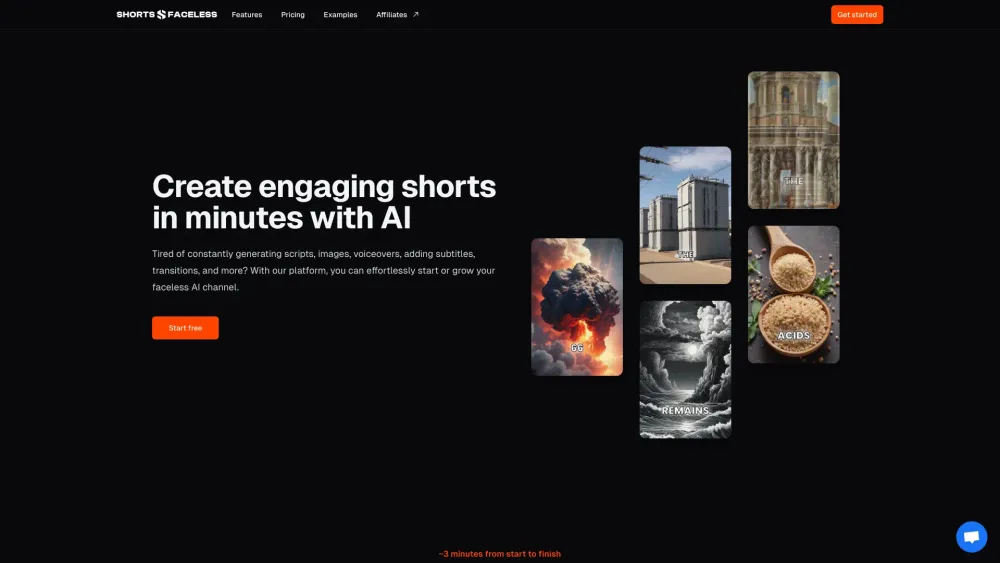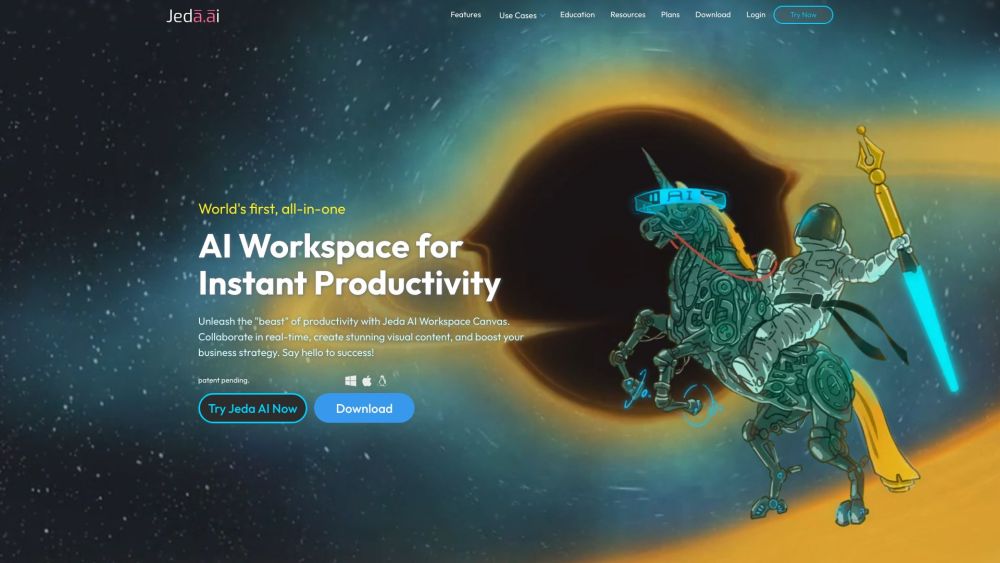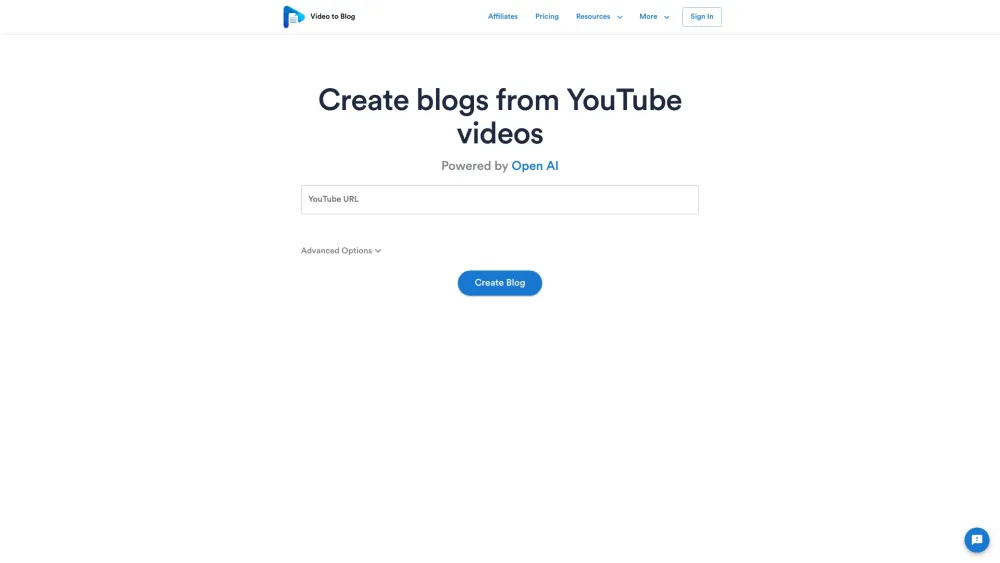Celonis Introduces AI Copilot for Enhanced Insights into Process Maps
Most people like

Create Engaging AI Shorts Effortlessly
Unlock the potential of AI-generated shorts with ease! Transform your creative ideas into captivating content in just a few clicks. Our user-friendly platform enables you to harness the power of artificial intelligence to produce high-quality shorts that engage your audience. Enjoy a streamlined process designed to enhance your storytelling while saving you time and effort. Start generating your unique AI shorts today!

BgRem is an advanced AI platform designed for seamless image and video creation and editing. Whether you're a content creator, marketer, or hobbyist, BgRem streamlines your workflow, helping you produce stunning visuals with ease.

Discover Jeda.ai, your go-to generative AI workspace designed to boost productivity instantly and enhance real-time collaboration. With cutting-edge technology, Jeda.ai empowers teams to work smarter and more efficiently.

Unlock the potential of your YouTube videos by converting them into captivating blog posts. This effective strategy not only enhances your content's reach and engagement but also helps to diversify your audience. By transforming your video content into written format, you can improve SEO, attract more visitors to your blog, and create valuable resources that keep your audience coming back for more. Explore how to seamlessly turn your visual storytelling into compelling written narratives!
Find AI tools in YBX


